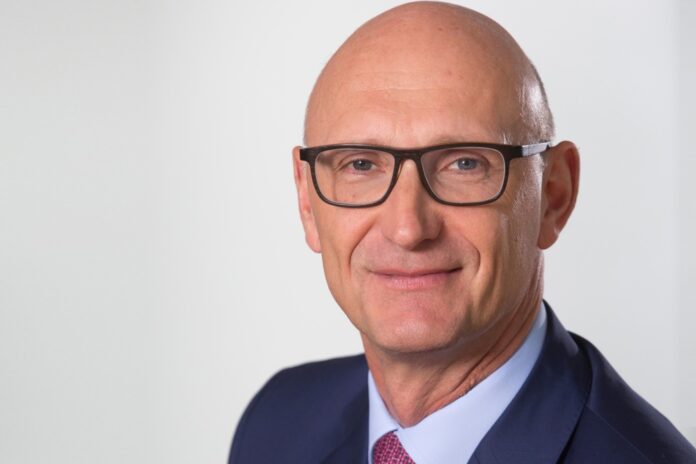German Minister embarrassed in Washington over deal to nullify effects of US sanctions
Nancy Faeser, Germany’s Minister of the Interior and Community, announced she intends to investigate the ties between Europe’s biggest telco, Deutsche Telekom (DT) and the Chinese vendor, Huawei.
The Minister made the comment during an official visit to Washington and in the wake of the German newspaper, Handelsblatt, reporting that DT and Huawei drew up a contract in 2019 to “prevent a potential risk to the supply of Huawei products that contain components from the USA” [translated from German]. Huawei also agreed to cover the costs of potential damages and delays.
Circumnavigating sanctions?
This has been interpreted by politicians as a way to avoid US sanctions and created a backlash in both Germany and the US. Faeser herself acknowledged, “This doesn’t sound good”.
Republican Senator Marco Rubio told the newspaper that DT’s actions should “have consequences,” adding, “Germany and the companies working there should work with us and not help an opposing regime to undermine international security.”
DT’s fortunes have been massively boosted by its subsidiary, T-Mobile US, merging with rival Sprint on 1 April 2020. In January, DT became the first European operator to break the €100 billion market capitalisation barrier, making it the world’s sixth most valuable operator.
Not news
The thing is, the relationship between DT and Huawei and the 2019 deal aren’t news: in July 2020, Politico published an article under the headline How US restrictions drove Deutsche Telekom and Huawei closer together.
Urged on by the Trump Administration and a ban in the US, Sweden, the Netherlands, Poland, the UK, Australia, Canada, New Zealand and others, banned the use of Chinese vendors’ kit in 5G national communications networks, and many also ordered a phased removal of Chinese vendors’ equipment from old generation infrastructure.
This was on several grounds, the most serious of which was national security, as Chinese companies are obliged by law to engage in espionage if required to do so by the state – and who better than a firm involved in carrying vast volumes of all kinds of data?
The US also pointed to proven incidents of industrial espionage, which Huawei has long been accused of in many countries, plus it demonstrably broke the international sanctions on Iran.
Impervious to pressure?
Despite all this and considerable pressure, Germany did not issue a total ban on using the Chinese companies’ equipment. Instead the German Ministry for the Economy opted to review decisions on a case-by-case basis.
DT executives often referred to Huawei as a “strategic partner” and operator did not disclose what percentage of its German infrastructure runs on Huawei’s kit. DT Group’s CEO, Timotheus Höttges (pictured), has himself publicly denied the operator is overly dependent on Huawei Technologies, for example, on the earnings call in September 2020.
In June 2020, Handelsblatt reported that internal commmunications at DT had likened a ban on Huawei to Armaggedon.
In defiance of the EU
Germany had had warning shots across the bows. Last November, the European Commission urged all European Union member states to remove Chinese telecoms equipment from their networks.
Executive Vice President of the Commission, Margrethe Vestager specifically mentioned that Germany should adhere to the EU’s guidelines regarding security and 5G, although in fairness, those guidelines are somewhat nebulous.
The EU states agreed on a 5G Security Toolbox in 2020, which is a set of measures to reduce reliance on “high-risk vendors” in future networks. No specific vendors were named in the toolbox guidelines but say all vendors must be subjected to rigorous security tests.


